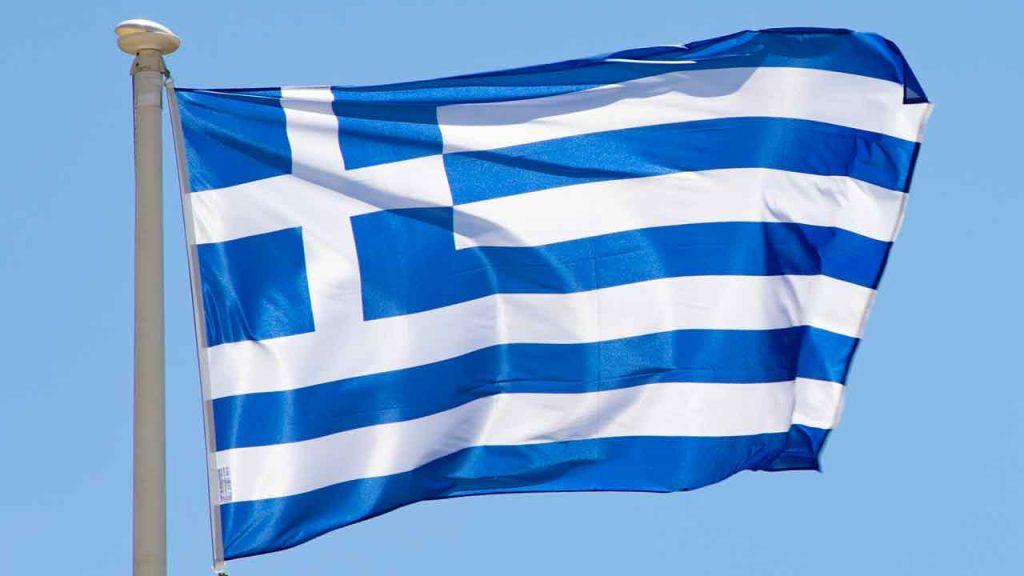Greece’s conservative party has added a convicted Albanian politician to its list of candidates for the upcoming European Parliament election, leading to increased tension between the two countries. Fredi Beleris, a member of Albania’s ethnic Greek minority, was elected as mayor of Himare but was arrested on vote-buying charges and received a two-year sentence in March. The ruling New Democracy party’s decision to include Beleris as a candidate has sparked controversy, with Greece’s government criticizing his pre-trial detention and threatening to block Albania’s EU membership bid. Beleris, who denies the charges against him, sees his candidacy as a fight for the rule of law and democracy.
The upcoming European Parliament election is set to take place between June 6-9, with Greece expected to vote on June 9. Beleris, while imprisoned in Albania, posted on Facebook that his battle is not personal but rather a fight for Western values and democracy, which are necessary for countries seeking to join the EU. In the western Balkans, six countries are at various stages in their applications for EU membership, with concerns over regional stability heightened by events like the Russian invasion of Ukraine. The accession process for these countries, including Albania, has become increasingly urgent.
Greece and Albania have a historically tense relationship, with Athens accusing Tirana of dragging its feet in restoring rights to ethnic Greeks following the fall of communism in the early 1990s. More than 100,000 ethnic Greeks in Albania, many of whom have dual citizenship and have worked in Greece, have faced challenges in having their rights recognized. The decision to include a controversial figure like Beleris on the conservative party’s candidate list adds another layer to these existing tensions and highlights the complex dynamics between the two countries as they navigate issues related to EU membership and regional stability.
The conservative New Democracy party’s choice to include Beleris as a candidate has raised questions about the party’s priorities and values, as well as its stance on issues related to democracy and the rule of law. The decision has also drawn criticism from Greece’s government, which sees Beleris’s candidacy as a potential obstacle to Albania’s EU membership bid. The tensions between Greece and Albania, exacerbated by historical grievances and disputes over minority rights, are further complicated by the broader context of regional politics in the western Balkans, where EU membership is seen as a key driver of stability and progress.
As the European Parliament election approaches, the inclusion of a convicted politician like Beleris on Greece’s candidate list underscores the complexities of the country’s relationship with Albania and its broader position within the EU. The debate over Beleris’s candidacy reflects larger concerns about the rule of law, democracy, and regional stability in the western Balkans. Greece’s decision to support Beleris despite his legal troubles adds another layer of complexity to an already tense relationship, highlighting the challenges and contradictions inherent in the process of EU expansion and integration in the region.


